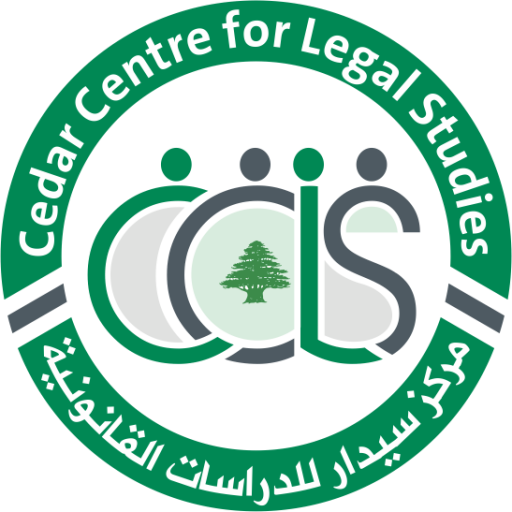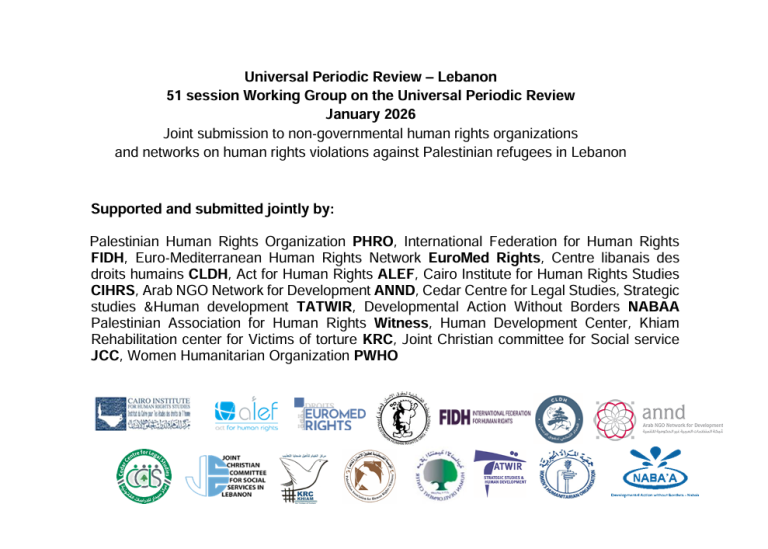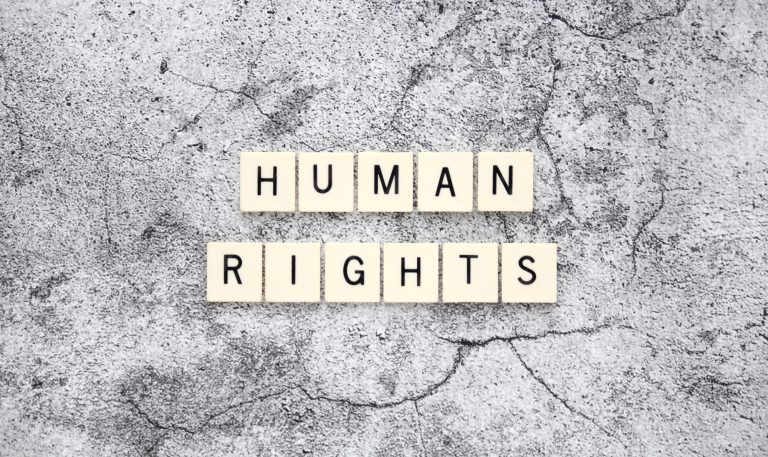Media
Success Stories
Activities

Cedar Centre for Legal Studies officially in the SOS-Torture Network
19 December 2025
The Cedar Centre for Legal Studies (CCLS) is pleased to announce its acceptance as a member of the SOS-Torture Network of the World Organisation Against Torture (OMCT), pursuant to an official acceptance letter dated 18 December 2025.
In its letter, the organization expressed its welcome to the Centre’s accession to the network, highlighting the importance of this membership in strengthening communication and cooperation with the organization and with a broad network of human rights defenders worldwide.
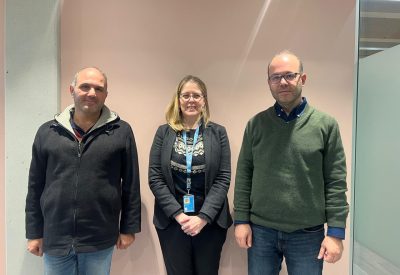
CCLS Delegation Concludes Advocacy Mission to Geneva Focused on Torture Prevention, Refugee Protection, and Strengthening Justice in Lebanon
09 December 2025
From 24 November to 3 December 2025, a delegation from the Cedar Centre for Legal Studies (CCLS) composed of Executive Director Saadeddine Shatila and head of Legal Support Program at CCLS Lawyer Mohamad Sablouh—carried out an intensive series of meetings in Geneva with UN Special Procedures and international NGOs, alongside participation in UPR advocacy for Lebanon.
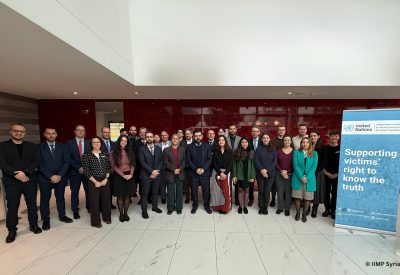
Cedar Centre for Legal Studies Participates in Expert Meeting on Missing Migrants and Asylum Seekers in the Syrian Context
01 December 2025
The Cedar Centre for Legal Studies, represented by the Executive Director Saadeddine Shatila and Head of the Legal Department, lawyer Mohammad Sablouh, took part in an expert meeting on the search for missing migrants and asylum seekers in the Syrian context. The meeting was held on 1 December 2025, in Geneva – Switzerland, as part of international efforts to strengthen coordination and develop effective mechanisms for cross-border searches for the missing.
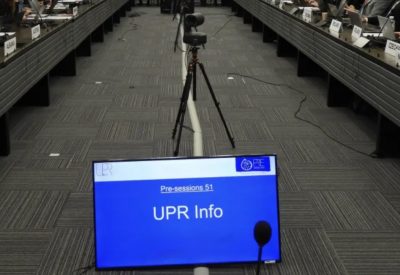
Cedar Centre for Legal Studies Participated in UPR Info Pre-Session in Geneva
27 November 2025
Cedar Centre for Legal Studies (CCLS) participated in the UPR Info pre-session held in Geneva on 27 November 2025, which was attended by several permanent missions to the UN, including Lebanon, as well as local and international organizations. CCLS joined the panel from other 5 representatives from non-government organizations briefing permanent missions on key human rights concerns in Lebanon.
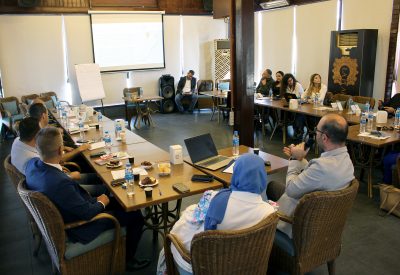
Cedar Centre for Legal Studies Hosts Two Roundtables on Irregular Migration in Northern Lebanon
October 2025
The Cedar Centre for Legal Studies (CCLS) convened two roundtable discussions in Tripoli and Minieh, Northern Lebanon, on 22 and 23 October 2025. These roundtables brought together stakeholders and local decision-makers from various sectors to address the growing phenomenon of irregular maritime migration from Northern Lebanon, exploring its implications, risks, and the associated humanitarian and social challenges.
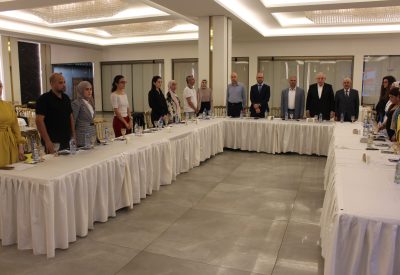
Roundtable on Law 65/2017: Between Adoption and Lack of Implementation
09 October 2025
The Cedar centre for Legal Studies (CCLS) organized a roundtable titled “Law 65/2017: Between Adoption and Lack of Implementation” at Dar Al Qamar Restaurant in Tripoli, as part of the project “Quality and Sustainable Rehabilitation Services for Victims of Torture in Northern Lebanon” supported by the Norwegian Embassy. The roundtable aimed to assess the current state of the law’s implementation, foster dialogue among judicial, medical, syndicate, and civil stakeholders, and develop practical recommendations to enhance enforcement and protect victims’ rights.
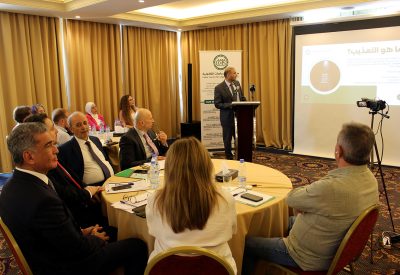
On the International Day in Support of Victims of Torture: Calls for Accountability in Lebanon
26 June 2025
Beirut – Lebanon
In the occasion of the International Day in Support of Victims of Torture, which held each year on 26 June, the Cedar Center for Legal Studies hosted a roundtable event. Participants included representatives from legal and human rights organizations, judicial and academic institutions, professional syndicates, members of parliament, as well as delegations from international organizations and UN agencies. The gathering aimed to reaffirm Lebanon’s commitment to combating torture and ensuring justice for victims.

Cedar Centre for Legal Studies Opens a Rehabilitation Center for Victims of Torture in Tripoli, North Lebanon
07/03/2025
Cedar Centre for Legal Studies (CCLS) is opening its Rehabilitation Center for Victims of Torture in Tripoli, North Lebanon. Officially launching in December 2024, this center marks a significant step in CCLS’s commitment to providing essential support and services to individuals who have endured torture and ill-treatment.
Guided by a firm dedication to human rights and social justice, the center offers comprehensive, multidisciplinary care to help survivors rebuild their lives. Services include medical consultations, physiotherapy, psychological support, legal assistance, access to essential medicines, diagnostic tests, and tailored treatment plans.
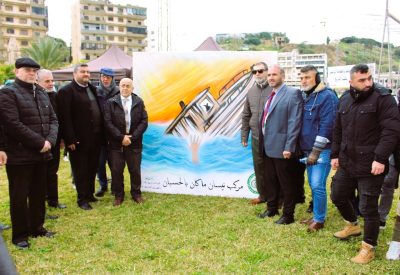
February 6, 2025: Without Justice, There Can Be No Peace.
07/02/2025
On the occasion of February 6, the International Day of Commemoration for the Dead and Missing at Borders and at Sea, Cedar Centre for Legal Studies organized a solidarity meeting at the Bahsas Roundabout, the southern entrance of Tripoli, northern Lebanon.
This event was attended by several prominent figures, including the president of Tripoli municipality, Dr. Riad Yamak, representatives of the city’s deputies, unions, local and international associations, civil society organizations, media, and the families of the victims of the April, Cyprus, and Tartus boats. These individuals lost their lives attempting to cross borders or the sea in search of a better and more dignified life.
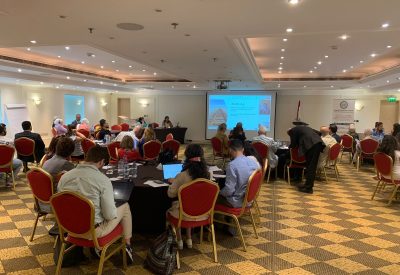
Cedar Centre for Legal Studies Hosts Roundtable on Refugees and Victims of Torture
28/06/2024
On 25 June 2024, the Cedar Centre for Legal Studies (CCLS) convened a significant roundtable discussion titled “Toward Access to Human Rights for Refugees and Victims of Torture” to mark the United Nations’ World Refugee Day on June 20 and the International Day for Victims of Torture on June 25. The event brought together experts, academics, judiciary members, attorneys, representative of the National Human Rights Commission, representatives of the international and national associations and refugees to highlight pressing human rights issues in Lebanon and propose actionable solutions. The event was supported by TDH (Deutschland) and Medico International.
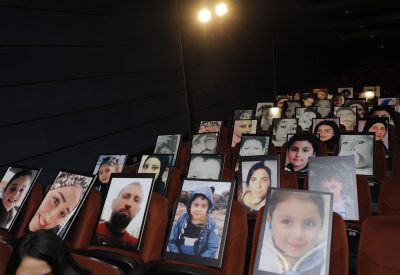
Event of 06 Feb 2024: CommemorAction for the Dead, Missing, and Forcefully Disappeared at Sea and the Borders
07/02/2024
Yesterday, on the Global Day that marks on 06 February, the Cedar Centre for Legal Studies (CCLS) in Tripoli organized an event together with relatives of the dead, missing and forcefully disappeared at Sea and at the Borders. This event, which was held in Safadi Cultural Centre, was organised as well with survivors of shipwrecks, researchers, activists and lawyers. The Global Day of CommemorAction is 6 February because 10 years ago, on 6 February 2014, several hundred people were attacked by the Spanish Guardia Civil with rubber bullets, police batons and tear gas during their attempt to swim from Morocco to the Spanish exclave Ceuta.
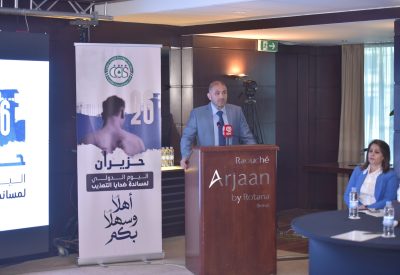
Organizing a roundtable discussion on the occasion of the International Day in Support of Victims of Torture
27/06/2023
The round table was attended, in addition to the main speakers, by: former head of the Bar Association, Mohamed Al-Murad, Mr. Zein Ayoub, representative of the United Nations High Commissioner for Human Rights in the Middle East and North Africa, the former head of the Sanctions Reduction Committee, Judge Hamza Sharaf Al-Din, and the government commissioner to the United Nations, Mr. Ahmed Al Taleb, Mr. Edmond Medlej, representative of the National Commission for Human Rights, and representatives of the British and Norwegian embassies, local and international human rights organizations, and lawyers.
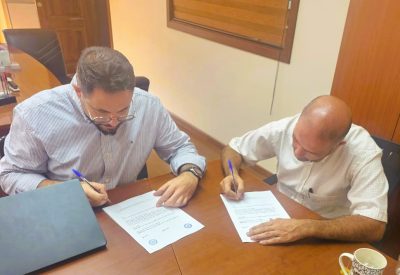
Signing a cooperation agreement between the Cedar Centre and the Lebanese Center for Human Rights
28/09/2023
Today, the General Director of the Cedar Centre for Legal Studies (CCLS) Me Mohamad Sablouh, and the Executive Director of the Lebanese Center for Human Rights (CLDH) Mr. Fadl Fakih, signed a cooperation agreement to establish a rehabilitation center for torture victims, in order to provide medical services of all kinds to victims of torture and their families, in addition to establishing a monitoring center for human rights violations. The rehabilitation center will be in Tripoli, northern Lebanon.
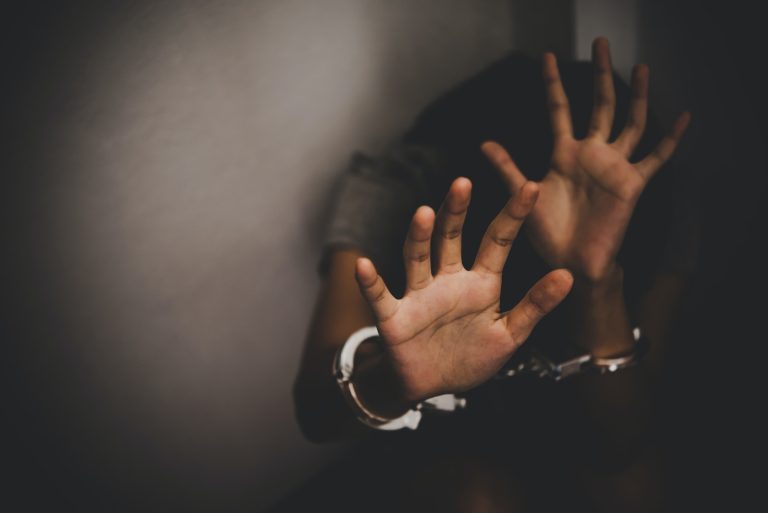
Invitation for a Solidarity Stand on the International Day in Support of Victims of Torture
25/06/2019
Under the auspices of the President of the Tripoli Bar Association, Mohammad Al-Mourad, the Prisons Committee at the Tripoli Bar Association invites you, in cooperation with the Institute of Human Rights, the Judicial Aid and Legal Assistance Center at the Tripoli Bar Association, the Union of Muslim Jurists, Legal Agenda, ALEF, Cedar Centre for Legal Studies, and the Research Center in Shams Beirut, for a solidarity sit-in for the victims of torture, on the occasion of the International Day in Support of Victims of Torture, tomorrow, Wednesday, 6/26/2019, at 11.30 a.m.,
Opinion Piece
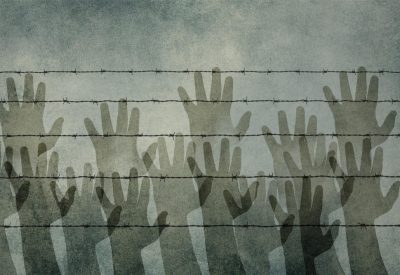
Is There a Genuine Will to Eradicate Torture in Lebanon?
By Saadeddin Shatila | 25/06/2023
The original opinion piece was published in the Arabic language on the Al Araby news website.
Tomorrow, 26 June, marks the United Nations International Day in Support of Victims of Torture. This day commemorates the entry into force of the United Nations Convention against Torture and Other Cruel, Inhuman, or Degrading Treatment in 1987, a pivotal tool in the global fight against torture. The Convention has been ratified by 162 countries, including Lebanon in 2000.
Torture is unequivocally condemned under international law and is strictly prohibited by all relevant instruments, with no justifiable circumstances. This prohibition is an integral part of international customary law, binding every member of the

The Perilous Crossing of the Mediterranean, the Only Way Out for Thousands of Desperate People in Lebanon
By Marie Kortam| 02/03/2023
The original opinion piece was published in the French language on the the Conversation website.
On February 6, 2023, on the occasion of the International Day of CommemorAction for the Dead and Missing at Sea and at the Borders, I attended a rally and meeting in Tripoli, Lebanon, organized by a number of local and international civil society organizations.
They recalled on this occasion the tragic fate experienced by many irregular migrants who wanted to reach Europe by the Mediterranean Sea in recent years.
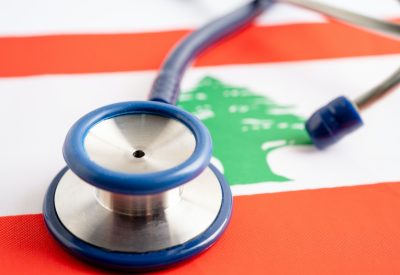
Justice or Revenge: Lebanese Prisons in the Context of the Health Crisis
By Mohamad Sablouh and Marie Kortam | 09/04/2020
The original opinion piece was published in the Arabic language on the Issam Fares Foundation website.
Amidst the ongoing political crisis and the subsequent health crisis gripping the world, with the global count of Covid-19 infections surpassing one million cases, a significant portion of the global population finds itself under exceptional “confinement” for individual and collective prevention. However, what about those enduring forced confinement within overcrowded prisons, and those who work within their confines? Can they safeguard themselves, and are there preventive measures in place to protect their health in alignment with public health policies aimed at combating the spread of the Covid-19 epidemic?
